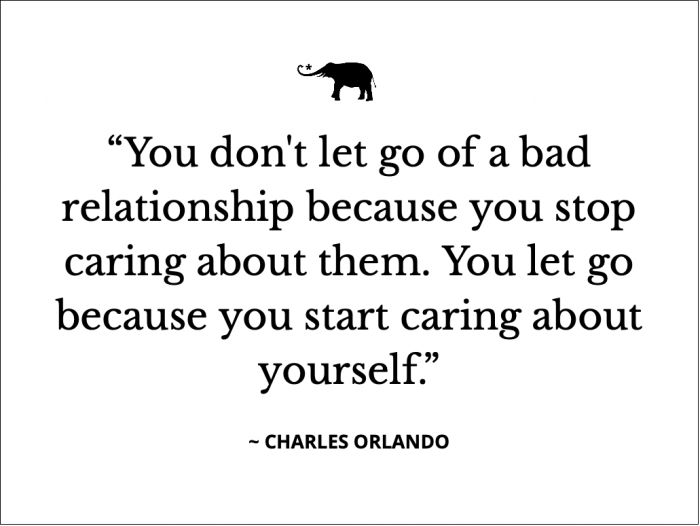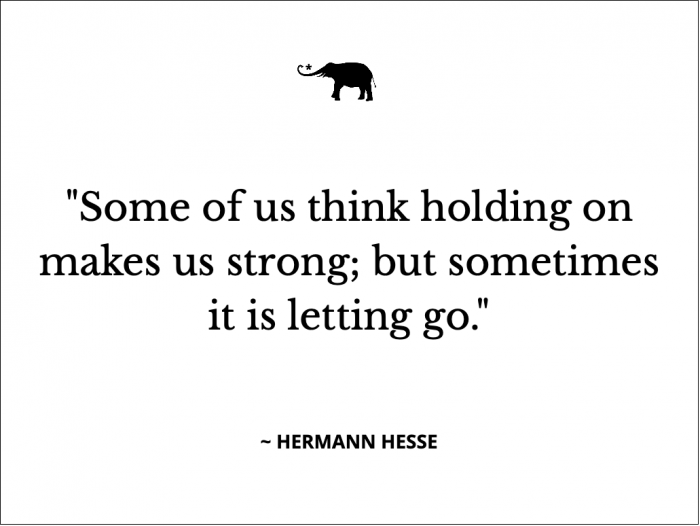I’ve been on a spiritual journey for almost two decades.
It is, however, only recently that I’ve become conscious of this process. While I had healthy relationships in my 20s, a major heartbreak with the man I thought I was going to marry threw me into a tailspin and almost a decade’s worth of healing. I chronicled much of that journey, and how I healed my broken heart, in my book, Toxic Insecurity: The Path of Relational Spirituality and Our Search for Authentic Love.
This book ends with me feeling on top of the world, right before the COVID-19 crisis begins.
I think many of you will relate that the start of 2020 felt like you were on the verge of getting everything you ever wanted. Or perhaps you felt destined to meet a fated partner or you were simply really happy with where you were. Then the pandemic hit.
For many people, this was a time of deep introspection and healing. For me, it was the start of a psychic life review process that began well but turned into a nightmare a year later, when my Covid crisis really hit, in 2021.
I know that many of you had lingering issues carrying over from 2020 but the first half of 2021 has not been pretty for a lot of people. My 2021 has been the deepest, most profound awakening experience yet, and I’ve had to face the fact that my mother’s mental health difficulties and other issues, poverty mindset, and trauma from the past, had a more detrimental impact on my own well-being and finances than I ever thought possible. I had to awaken to the fact that, at least energetically, I have not been operating as myself probably since I was very young.
I quite literally had been sitting in toxic energy my whole life.
It is easy for us to label everyone as a narcissist, including family members who would meet criteria for many diagnoses, including co-dependent or self-involved. I have not found any of the diagnoses helpful, but I am a professional, so that is probably a privilege I have given my educational background. What I have found helpful is walking my spiritual path and allowing the disillusionment to simply happen.
It has been quite painful, as it is for everyone, to wake up and realize how much your energy has been controlled simply because you had zero help as a child in learning to manage your empathic tendencies, and no one—up until recently—really talked about healing trauma and toxic relationships.
The path of relational spirituality is the way in which we walk through life and better understand why we keep meeting the romantic connections that we do.
It starts with disillusionment after a toxic relationship, then continues through a healing journey where we learn about karmic relationships, hone our understanding of whether we believe in twin flames or different kinds of soulmates, and connect to the spirit world in general in order to repair our relationships with our ancestors and heed their wisdom.
It is only from this eagle eye view that we can begin to see that the bullsh*t we go through in our relationships here on Earth are simply attempts to heal our past life marriages, karma, and learn the lessons we need to have to rise to a level where we can enjoy a new Earth coming into being.
The problem is not that we shouldn’t go through the toxic crap we do. The problem is that we do not have an education from developmental psychology, spirituality, and relationship science to help us understand that relationships are more than just the brain. Relationships are how we cultivate our intuition, our creativity, and our way of feeling into the world.
As a trained infant mental health expert, early in my career, we learned how critical the first few years of life were for a child’s brain, and that brain development always happened in the context of relationships.
I have also learned that for every horrible situation we may experience, healing is possible, but only if, eventually, we find the people who speak to the deepest part of our soul and are capable of truly loving who we are at any given moment.
There is much talk of avoidant attachment and emotional unavailability these days. These are the triggers we need to experience to commence our journey. Or we experience them to remind us to sit our butt down to meditate or to fiercely choose ourselves.
We are a culture that does not know what it means to be healthy in our own inner home, so we continuously seek to find home in someone else. Again, not our fault. No one taught us differently, despite the same advice all over the internet: love yourself first.
What I have learned personally and professionally over the course of the past 20 years is that one cannot love oneself without having their heart broken open. It is a spiritual right of passage and those of us who walk the path are capable of not only surrendering to the force of the universe, but are capable of being the warm, compassionate leader so many of us need in those moments when it feels like the world has been blown apart by a toxic relationship. There are few of these souls but I am hopeful that part of the reason why we have called attention to toxic relationships is so that we can heal and become that source of leadership for future generations.
Is it easy to move on from a narcissist or a toxic relationship? No, it will be the hardest thing you will ever do. Can it be done? Absolutely. It just can’t be done alone, and the good news is that we are more open than ever when talking about our experiences, so that we can find the right kind of support in these moments of despair.
From this place of understanding, it may be possible (not fun, but possible) to see the glimmer of golden light peaking through the clouds that is here to remind us that we are a soul having a human experience, and sometimes, that human experience is difficult. Yet, we can take responsibility for our path, learn from it, and eventually, find the right people to build a life with.
~


 Share on bsky
Share on bsky







Read 0 comments and reply